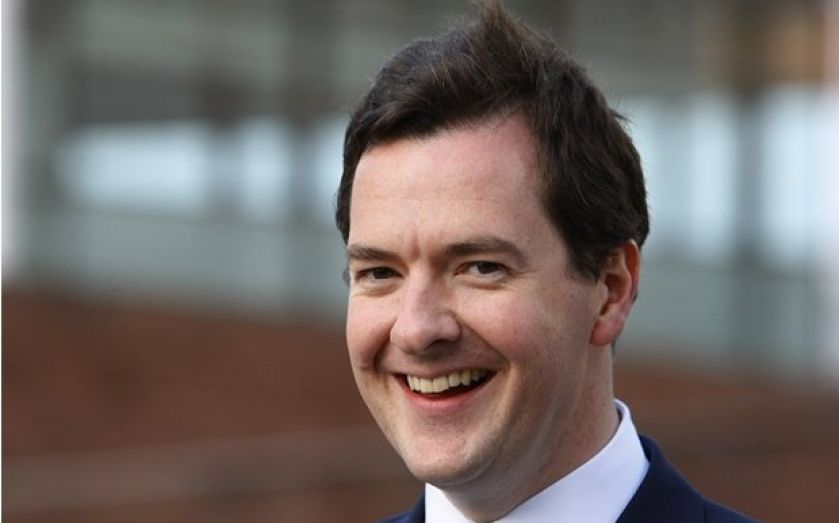Against the Grain: It’s time we were more optimistic about our brewing economic recovery

THE POSITIVE GDP growth figures for the second quarter of this year have sent most people away on their holidays in a cheerier mood than last year. The recent weather has certainly helped. But gloomy clouds may hover over the exclusive Tuscan villas and beach houses in Martha’s Vineyard, where bien pensant commentators and so-called Keynesian economists ritually gather for the summer.
How can the recovery be happening when the government is pursuing austerity measures? David Blanchflower, an appointment to the Monetary Policy Committee when Gordon Brown was in government, warned George Osborne in 2009 that withdrawing monetary and fiscal stimulus and engaging in substantial spending cuts in 2010 could push unemployment as high as 5m, a forecast warmly received in Keynesian circles. The current jobless figure is only half that level.
The confusion within this group is such that there is not even a common line with which to explain the good news away. Nobel Prize winner Joseph Stiglitz pronounced on Newsnight that there is no real recovery, even in the US economy. His timing was slightly unfortunate in that, a couple of days later, the unemployment rate in the US fell to a four-year low. But shadow chancellor Ed Balls has been on the East Coast, conferring with another leading Democrat economist, Larry Summers, the former president of Harvard. Their view is different. The US has had a recovery, and ours in the UK would be even better if we had followed expansionary fiscal policies, like those of Barack Obama’s regime.
One problem with this argument is that the Americans have been busily cutting public sector jobs. Public sector employment is 500,000 lower than it was three years ago, and the private sector has created 5m net new jobs. Here in the UK, the story is the same. Job cuts in the public sector have been easily outweighed by job creation in the private sector.
John Maynard Keynes himself was fundamentally a monetary economist. In his 1930 book, A Treatise on Money, he argued that, if a recession were allowed to gather sufficient momentum, conventional polices carried out by the central bank would fail to correct the situation. He called for what, in his flamboyant style, he described as “monetary policy a l’outrance”. By this he meant that the central bank should saturate the market and be willing to take losses on its bond market operations. Both UK and US central banks have been following this policy, except that we now call it quantitative easing.
This policy is certainly a key reason why the massive falls in output seen in the 1930s have not been repeated. Recovery has been slower than anyone would like, but the financial crisis of 2007 to 2009 was exceptionally severe.
But Keynes also attached great importance to psychology – to business sentiment – which is very difficult to control. Optimism leads to spending, which feeds back to create even more optimism. American firms have simply been more optimistic than British ones, and this is the key reason why our recovery patterns differ.
Paul Ormerod is an economist at Volterra Partners, a director of the think-tank Synthesis and author of Positive Linking: How Networks Can Revolutionise the World.